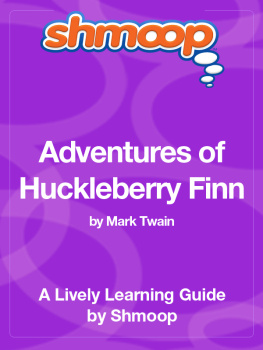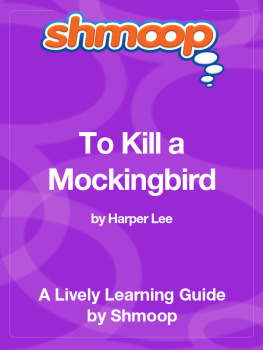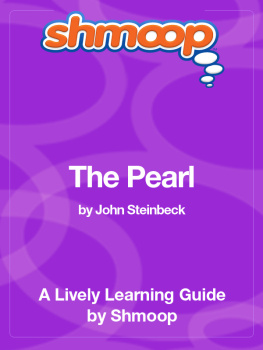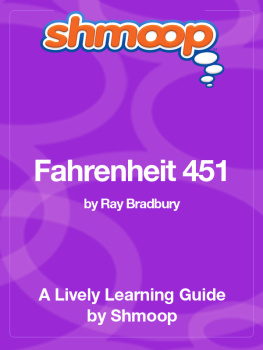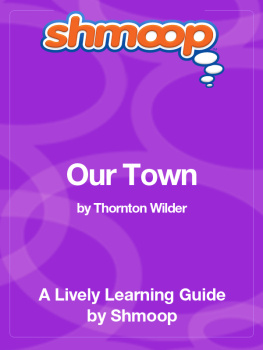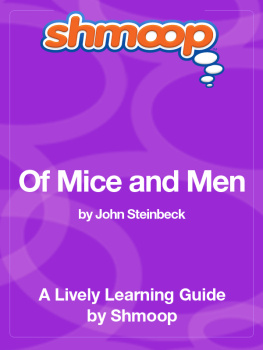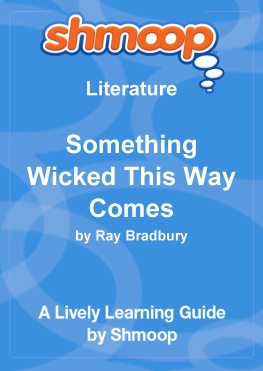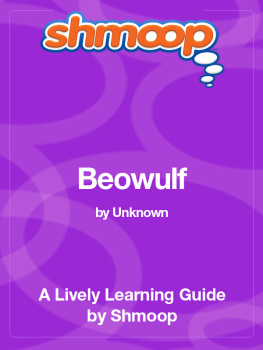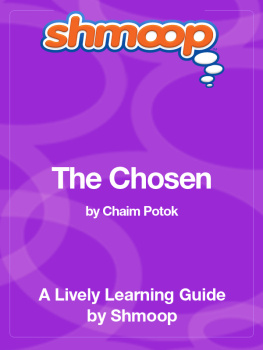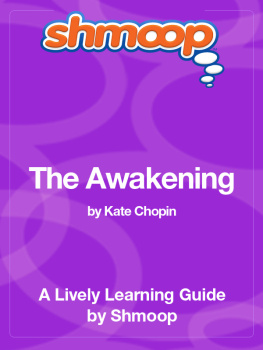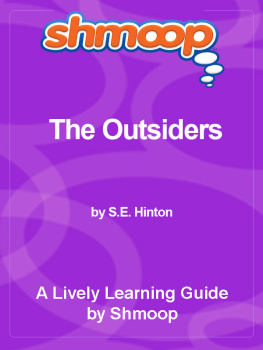
Table of Contents
In a Nutshell/Overview
Ernest Hemingway probably summed it up best when he said, "All modern American literature comes from one book by Mark Twain called Huckleberry Finn" (source). We're dealing with quite a book here. Published in 1885, Adventures of Huckleberry Finn, Twain's follow-up to the Adventures of Tom Sawyer, carved new territory into the American literary landscape in several ways.
As one of the first novels to use a specific region's vernacular in its narration, the Adventures of Huckleberry Finn set a precedent for many other distinctly American works to follow. Some readers didn't exactly "get" this new colloquial style, however. Accustomed to the proper prose of Hawthorne, Thoreau, and Emerson, some readers didn't know what to do with Huck's particular way of storytelling.
Aside from the novel's new style of writing, Twain's decision to use thirteen-year-old Huck as the narrator allowed him to include certain content that a more civilized narrator probably would have left out. At first, Twain's novel was labeled crass by some readers. The book was even banned in schools for its use of the word "nigger," which is ironic, given that the novel is up in arms over slavery. Even today, the Adventures of Huckleberry Finn makes "Banned Books" lists.
Twain's novel jumped head first into one of the biggest issues of its day: racism. Although the Emancipation Proclamation had been signed over two decades before Huckleberry Finn's original publication date, African-Americans everywhere were still victims of oppression and racism. They were technically "free," but often by name only in Reconstruction-era America. Many southerners were bitter about the outcome of the Civil War.
By guiding his characters through several states of the Confederacy, Twain was able to reveal the hypocrisy of many pre-war southern communities. As a southerner himself, Twain had first-hand experiences to draw on, and he was able to walk the fine line between realistic depiction and ironic farce. Not to mention, Twain created the now-iconic character of Jim, a runaway slave who convinces Huck that African-Americans are deserving of freedom, and that equality is a goal for which we all should be fighting.
The Adventures of Huckleberry Finn is now considered to be one of the Great American Novels, mostly due to how it so heartily champions the American ideals of freedom, independence, and rugged individualism. Huck's dedication to his own moral standards and his bold sense of adventure and self-sufficiency have earned him a place in the All-American Hall of Fame. In addition, Twain is a hilarious storyteller, and the plot of this novel is a roller-coaster ride of moral dilemmas - so trust us when we say that if you haven't taken the ride yet, you probably should.
Why Should I Care?
Mark Twain wrote Adventures of Huckleberry Finn twenty years after the American Civil War. Slavery had been abolished, and the North and South were making up (albeit with some residual anger). So why publish a highly moralistic tale about a system that was no longer in place? Weren't race issues a moot point once slavery was out of the picture?
Hardly. Freedom didn't mean equality by any means - not legally, socially, or practically. (See Shmoop History's "Jim Crow in America" for more.) Actually, come to think of it, this isn't an outdated notion at all. Rules and laws often don't accurately reflect what's really going on. From a legal standpoint today, we have equality of race; yet racism is still a problem. Men and women are equal, yet many still see a "glass ceiling" for women in the workplace, meaning they often have invisible boundaries to advancement.
That doesn't mean laws are useless.
Laws may not immediately effect change, but we've seen that they do precede change. While laws can affect how people act, it takes more to change the way we think. We can't rely on laws alone. That's where The Adventures of Huckleberry Finn comes back into the picture. We need people like Mark Twain to remind us not to be self-congratulatory for starting a process in motion, but instead to realize that greater change is always necessary.
Whats Up With the Title?
Clearly, the novel is about a kid named Huck Finn having some adventures. But the title belies the serious stuff going on here. "Adventures" sounds like kid stuff. In fact, it sounds a lot like The Adventures of Tom Sawyer, Twain's earlier novel. This confuses people. Imagine if J.K. Rowling published Harry Potter and the Sorcerer's Stone and followed it up with
Hermione and the Magic Cat, which wasn't so much about a magic cat as about immigration controversies in the U.S. In fact,
Adventures of Huckleberry Finn, while it does have some adventures in it, is more about race and slavery in antebellum South.
So why the confusion? Why mess with us this way? Part of the charm and intrigue of the novel is that on the surface, it might
seem to be a kid's novel (like
Tom Sawyer). While we do examine said weighty issues, we do so through the eyes of a nave and endearing thirteen-year-old boy. So this is a two-tone novel, as you'll realize just as soon as you read past the title.
Writing Style
Informal, Youthful, Colloquial, Illustrative
Twain's style is original (and was even more so at the time this novel was published). The character of Huckleberry Finn has inspired countless authors ever since he first came on the scene. Some readers think that Holden Caulfield from
The Catcher in the Rye, with his attitude and informal tone, is a more modern version of Huck Finn.
The
Adventures of Huckleberry Finn is told from the first person point of view an only-partly-educated thirteen-year-old southern boy in the 1830s or 40s. As narrator, Huck describes the story in his natural, everyday voice, and he addresses his readers directly during his storytelling with a friendly, trusting attitude. Taking that into consideration - along with Huck's age, education level, and social background - Twain's choice of a colloquial style makes perfect sense. We can't imagine you didn't pick up on Huck's particular way of speaking. But just in case, let's take a look here at a bit section of Chapter 6:
I didn't want to go back no more. I had stopped cussing, because the widow didn't like it; but now I took to it again because pap hadn't no objections... But by-and-by pap got too handy with his hick'ry, and I could't stand it. I was all over with welts. He got to going away so much, too, and locking me in. Once he locked me in and was gone three days. It was dreadful lonesome. The grammar isn't perfect, and clearly Twain writes the way Huck Finn talks (hence all the apostrophes subbing for unpronounced letters). It's also important to note that Huck's voice - as well as the era and the location in which the novel is set - is why the n-word pops up so often. Throughout its publication,
Huckleberry Finn has been banned numerous times because of the inclusion of that word.
Besides nailing Huck's education level, social background, and personality, Twain succeeded in telling the story convincingly through the eyes of a thirteen-year-old. (At least, we think so.) There's quite a bit of dramatic irony throughout the novel, when we can pick up on certain subtext even when Huck doesn't. Think about all those conversations where Huck thinks he's fooling somebody into believing one of his lies. Nearly every time, we can see that whomever he's talking to is onto his tall-tales.

